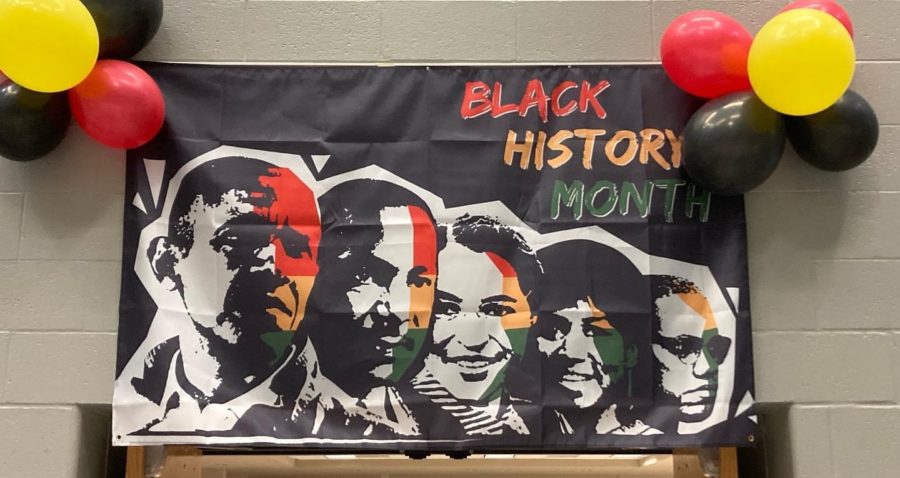The Black Student Union, in its inaugural year, organized Community’s most comprehensive celebration of Black History Month in recent years.
February’s recognition of Black Americans’ accomplishments, culture and history was the BSU’s first large-scale opportunity to address the organization’s three overarching goals: to recognize Black history, organize social events and provide students leadership opportunities.
The primary purpose of the student-led Black History Month celebration, BSU President BJ Dumas (’24) said, was to educate.
“Black history is American history,” Dumas said; “it’s important that we learn [about] more than just the Emancipation Proclamation…and Martin Luther King.”
The BSU’s 50 members kicked off the month-long celebration by decorating the atrium with pop art images of notable Black Americans—including contemporary icons from beyond the history books like Amanda Gorman, Tupac Shakur and Chadwick Boseman.
Each Friday’s announcements featured student performances bringing to life the accomplishments—and struggles—of figures like Muhammad Ali and Barack Obama.
On Instagram, the BSU published daily posts showcasing the contributions of lesser-known Black Americans like Charles Drew, who organized the U.S.’s first blood bank, and Matthew Henson, a member of the first successful North Pole expedition.
The highlight of the month’s events, Dumas said, was seeing students come together to celebrate Black culture.
Leaders from Community, West, Bloomington and U-High’s Black Student Unions collaborated, planning a Meet and Greet for members of the four schools’ student unions and organizing a joint spirit week.
It was this sense of community which first drove counselor Mrs. Lashonna Harden to establish the BSU for Community’s largest minority student group.
In previous years, minority students at Community were largely united through the Culture Club, sponsored by Mr. Bryan Thomas, but the club ceased its activities during the pandemic.
When Harden joined Community’s staff during the 21-22 school year, she immediately realized a need for a Black Student Union.
As the school’s sole Black counselor, Harden noticed that Black students frequently visited her office, regardless of who their assigned counselor was.
“Representation matters,” Harden said, “and they saw someone who looked like them.”
Harden, who loved participating in her high school’s African American club, realized that a similar opportunity could fill a void for the nearly 300 Black students at Community.
“I noticed, as I was learning the school community,” Harden said, “that there wasn’t a space for African American students.”
Students didn’t just want a space to share their unique experiences as Black students.
“They were hungry for it,” Harden said.
Harden asked the students she worked with if they would be interested in a Black Student Union.
“They just lit up,” Harden said, “[and] all had the same expression of excitement.”
The student’s reaction made it clear that they agreed with her initial assessment—there was a need for an organization to support and advocate for Black students on campus, a place for Black students to come together and discuss issues, a safe space for students to connect and build community.
“It’s not only a safe space,” Harden said, “but also an opportunity to promote academic excellence, leadership opportunities and celebrate Black culture.”
For senior Ciara Wallace (’23), the organization offered an opportunity to learn what it meant to be Black in America.
At the BSU’s initial meetings, Wallace, who immigrated to the United States from Jamaica in 2019, said she kept hearing the term “Black American” being used.
Wallace felt unintentionally excluded by the term, which neglected her Jamaican heritage.
“I came here, and I felt like that [label] was put on me,” Wallace said.
Despite being Black and American, Wallace struggled to relate to the Black American identity.
Wallace didn’t grow up watching the same shows, or listening to the same music as her peers in the BSU. In Jamaica, she said, she didn’t actively think about being a Black person every day.
“I was so ignorant to Black American history,” Wallace said. “I still remain ignorant because there are still things that I’m learning to this day.”
Through the BSU, Wallace said, she has been “fortunate enough to be amongst kids who grew up here.”
Kids who, Wallace said, are “able to talk to me and explain why certain things happen,” and “explain…different issues.”
When the opportunity to serve on the BSU’s Executive Board arose, Wallace was determined to take part.
“I have a unique background,” Wallace said. “I [wanted] to bring different perspectives to being a Black American.”
The benefit of diverse perspectives—knowing there is no one Black American experience—is a sentiment that resonates with Dumas.
“I didn’t grow up with many Black people,” Dumas said. “The Black Student Union has introduced me to so many [students] that I’d never met. It has created friendships and bonds that [I] wouldn’t have had otherwise.”
“We all have our different experiences,” Wallace said. “I am Jamaican, and even though that’s a big part of who I am, I am able to be a part of this organization with all these amazing kids whose identities are similar yet different and learn from [them].”
While the BSU was founded as a space for Community’s Black students, Harden said, the organization is open to everyone.
“If [students]…have a genuine love for Black culture, have a desire to learn about Black history, or want to tackle issues that affect the Black community,” Harden said, “then we have a space for that, and we want them to be here.”

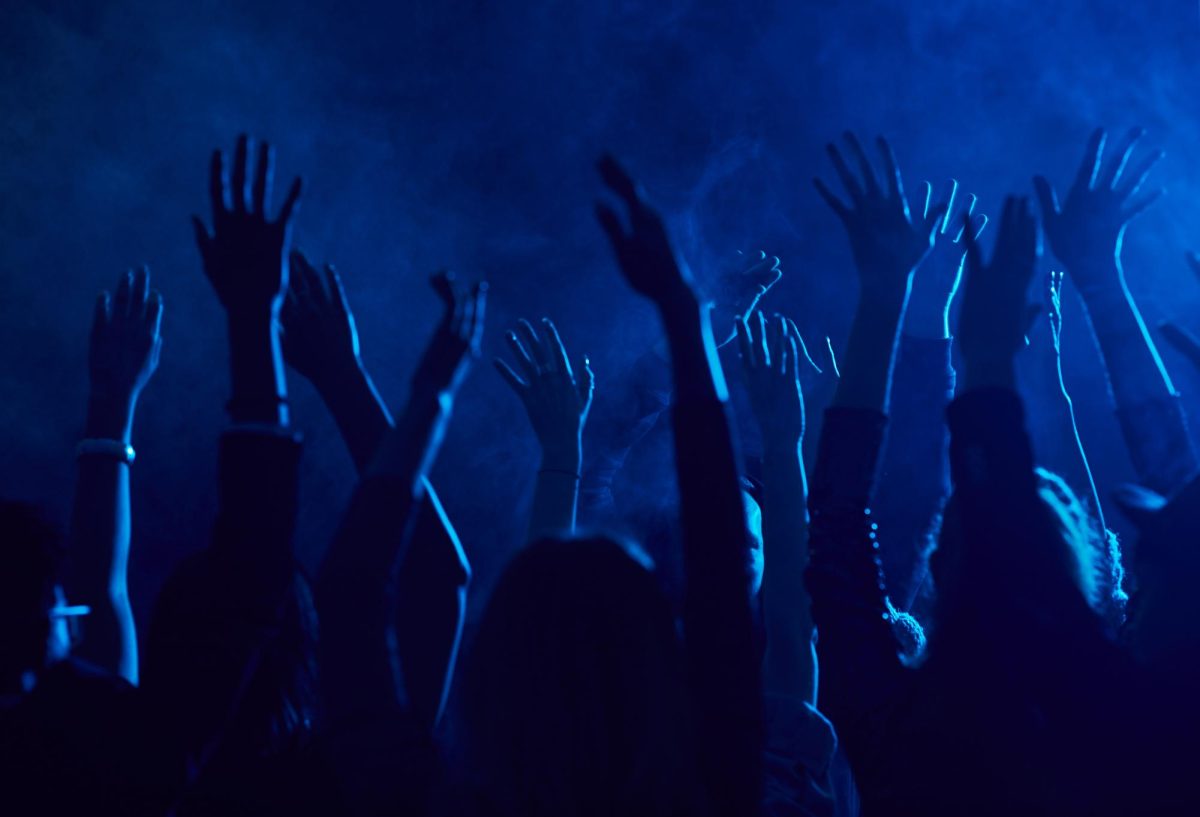
![Community honors longtime coach Mr. Bryan Thomas before Oct. 3 game [photo gallery]](https://nchsinkspot.com/wp-content/uploads/2025/10/Thomas-6-1200x1200.jpg)
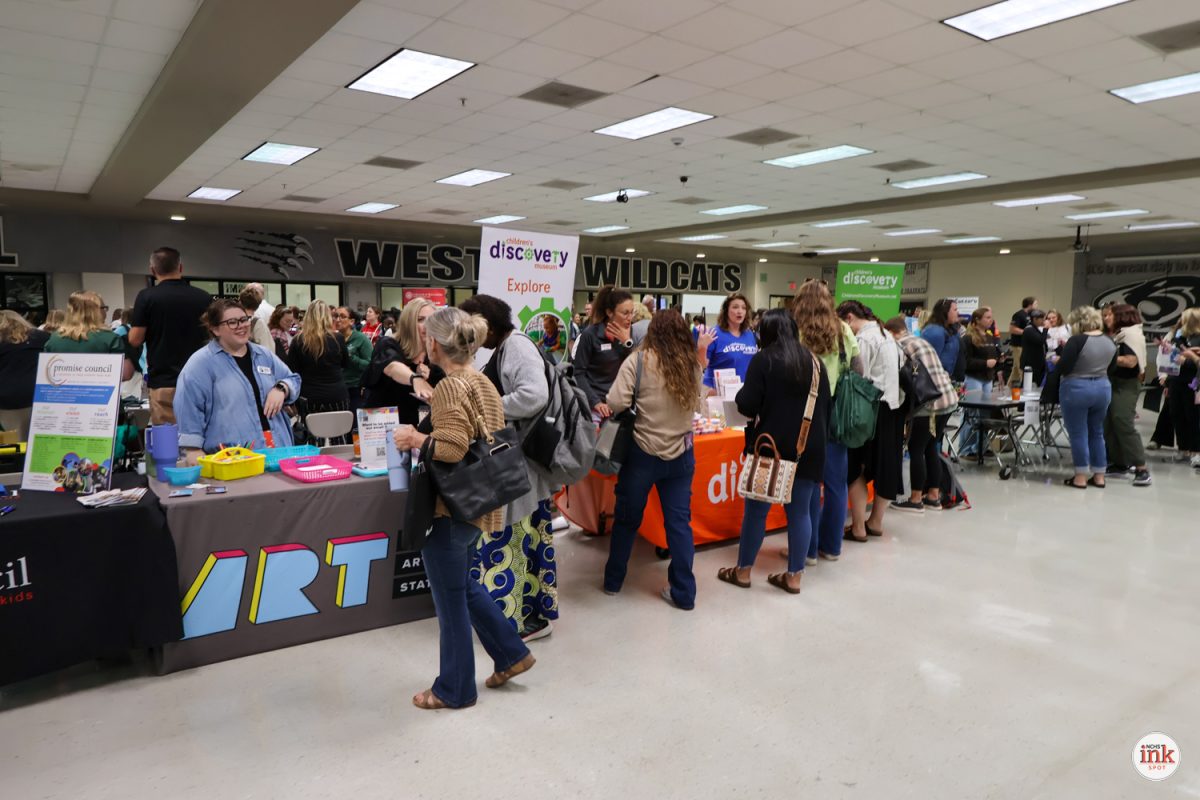
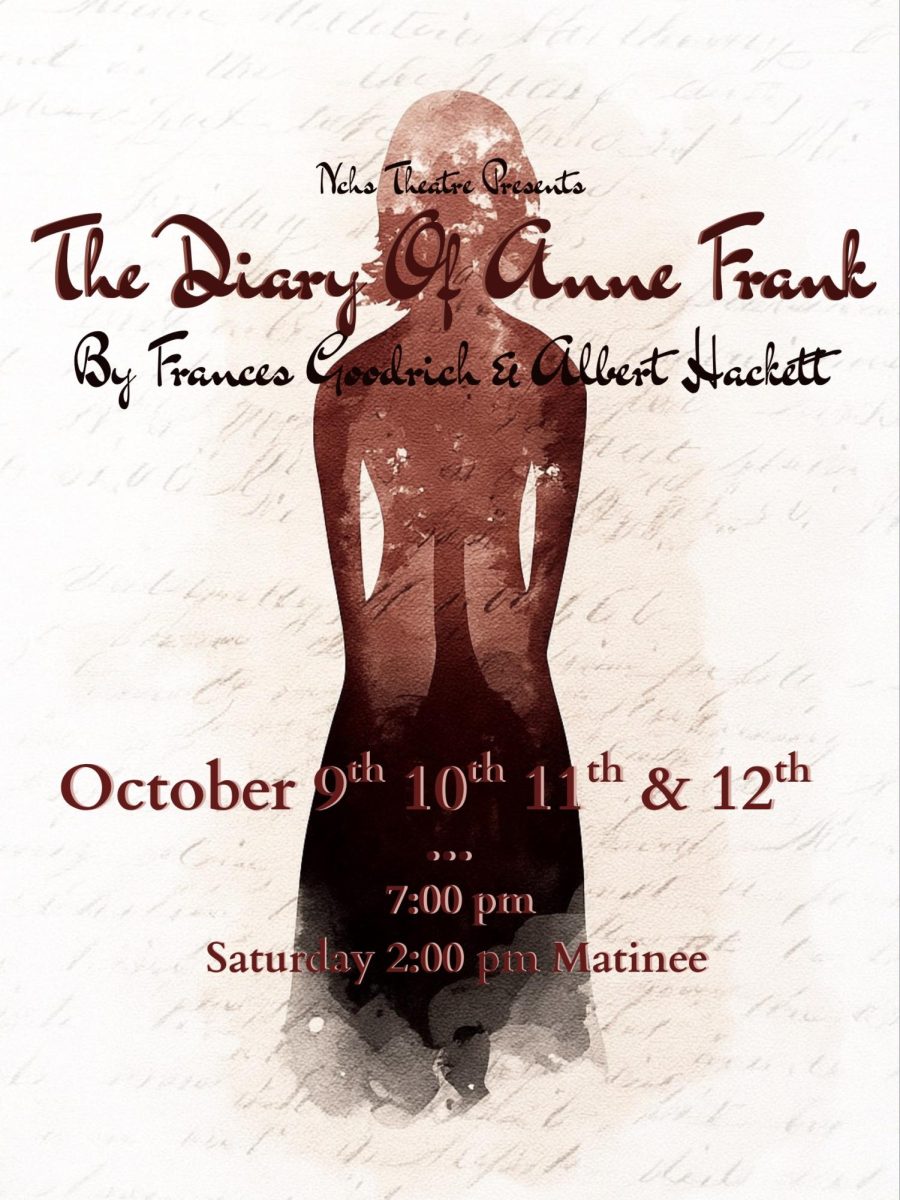
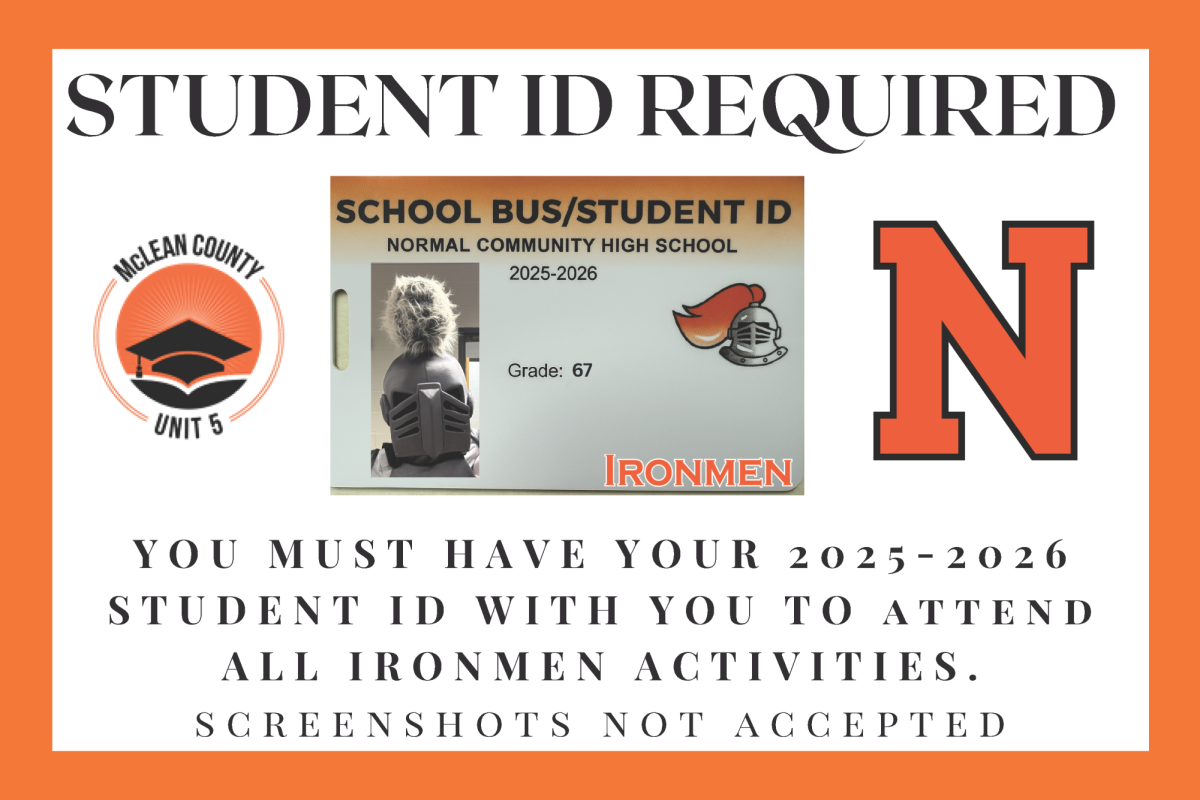




















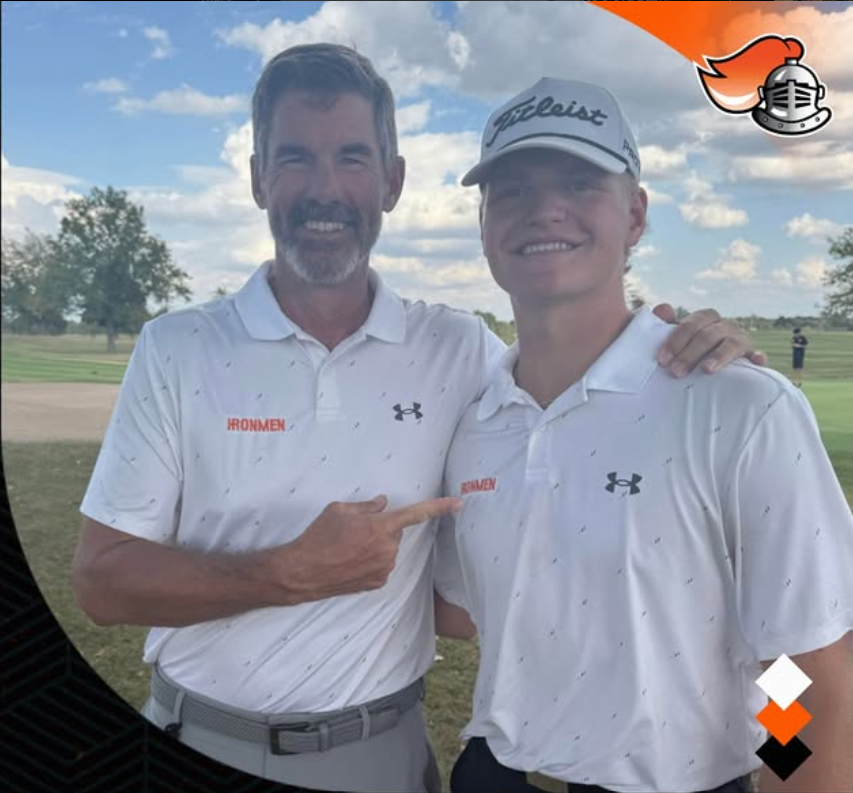
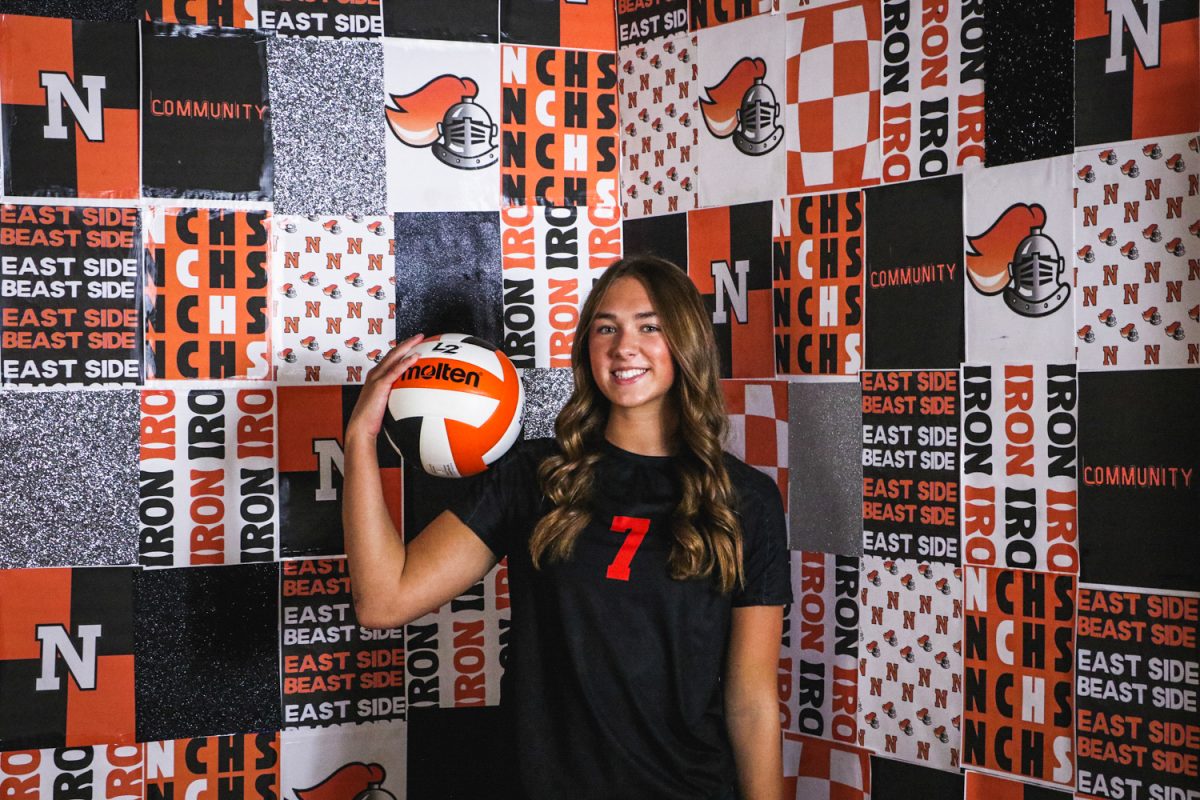
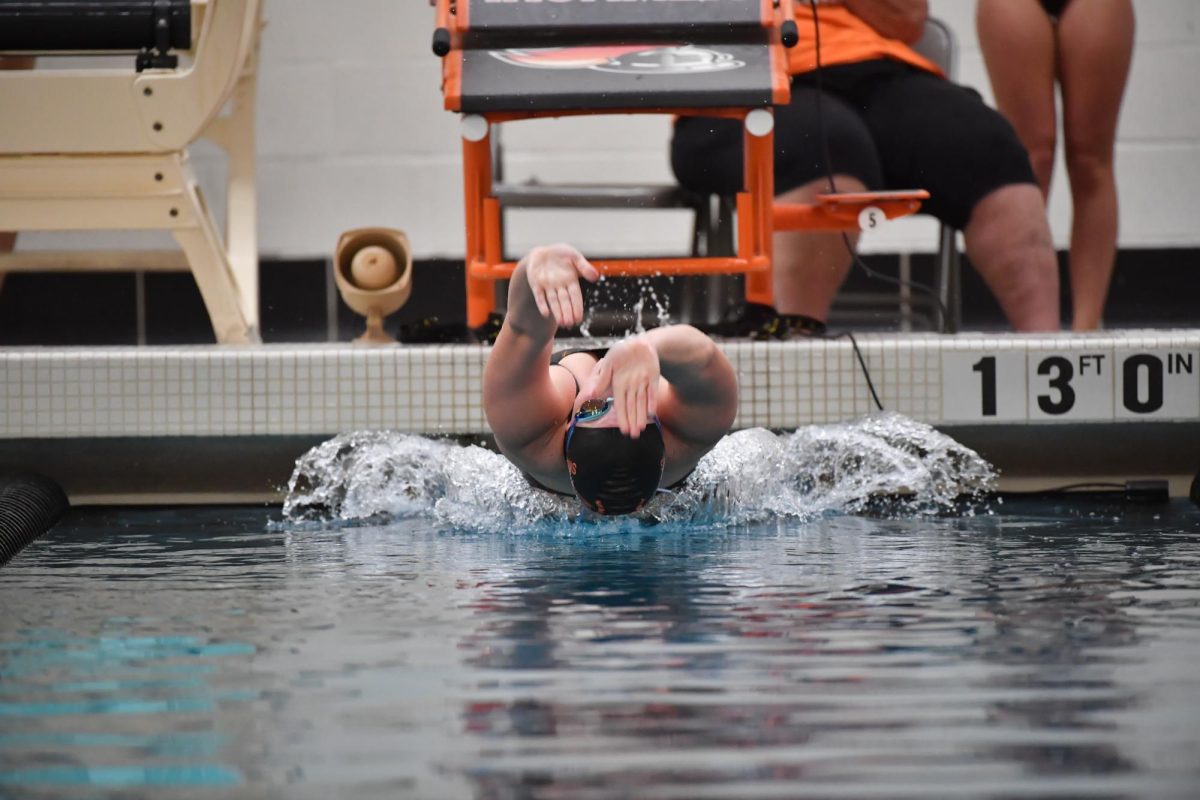
![Week 7: Coach Drengwitz recaps the Ironmen’s win over Bloomington, talks Danville [video]](https://nchsinkspot.com/wp-content/uploads/2025/10/Vikings-feature-Image-1200x675.png)
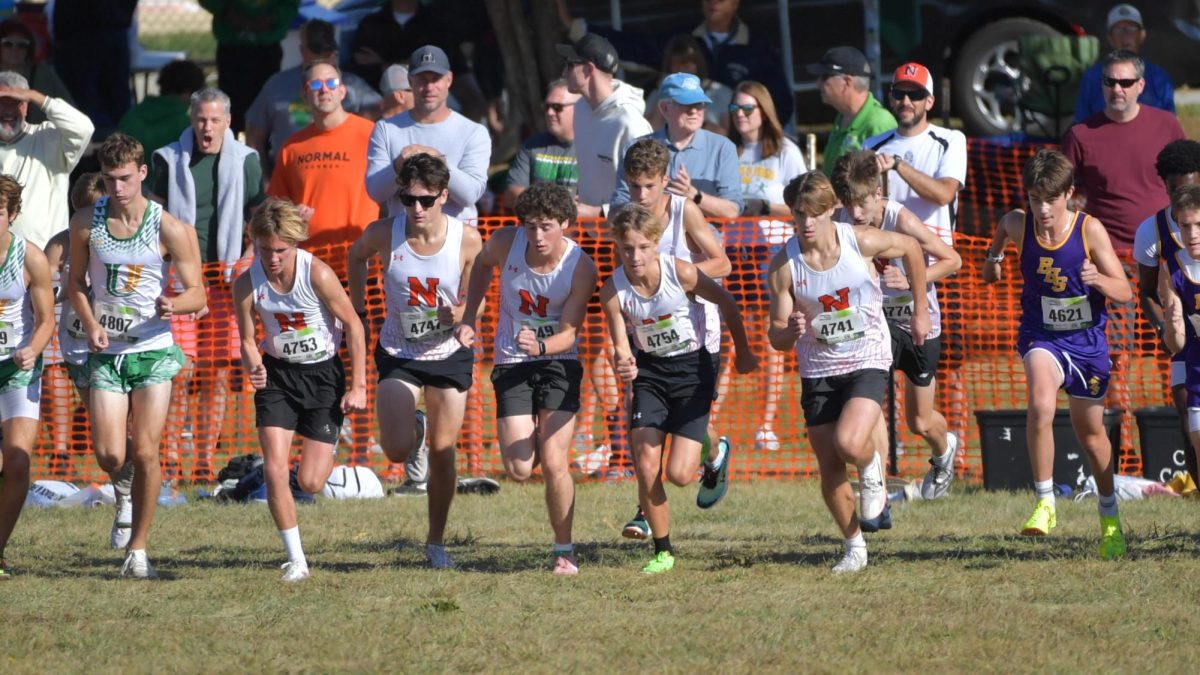





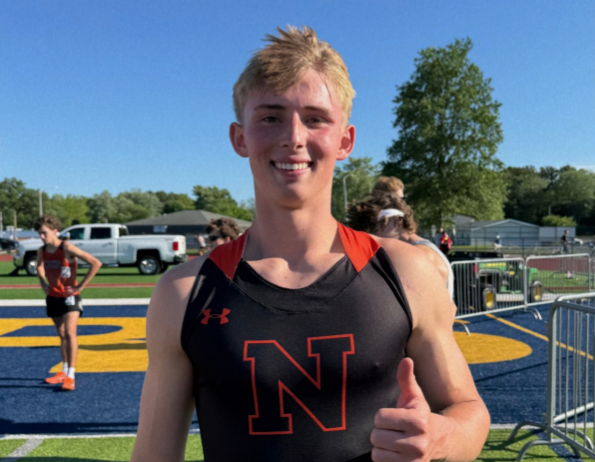
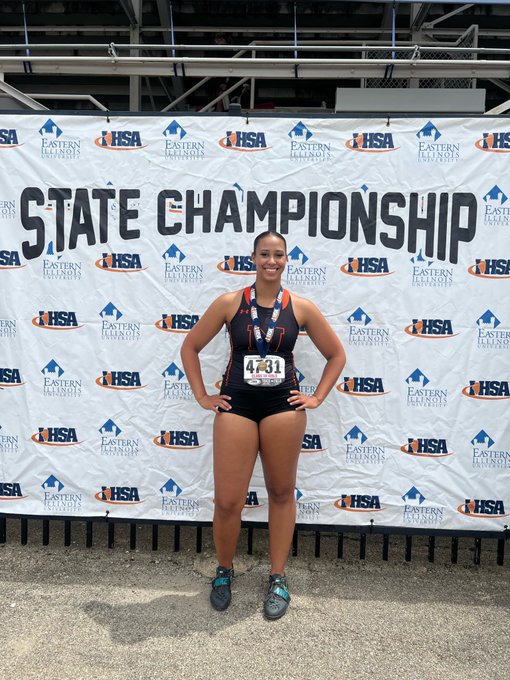
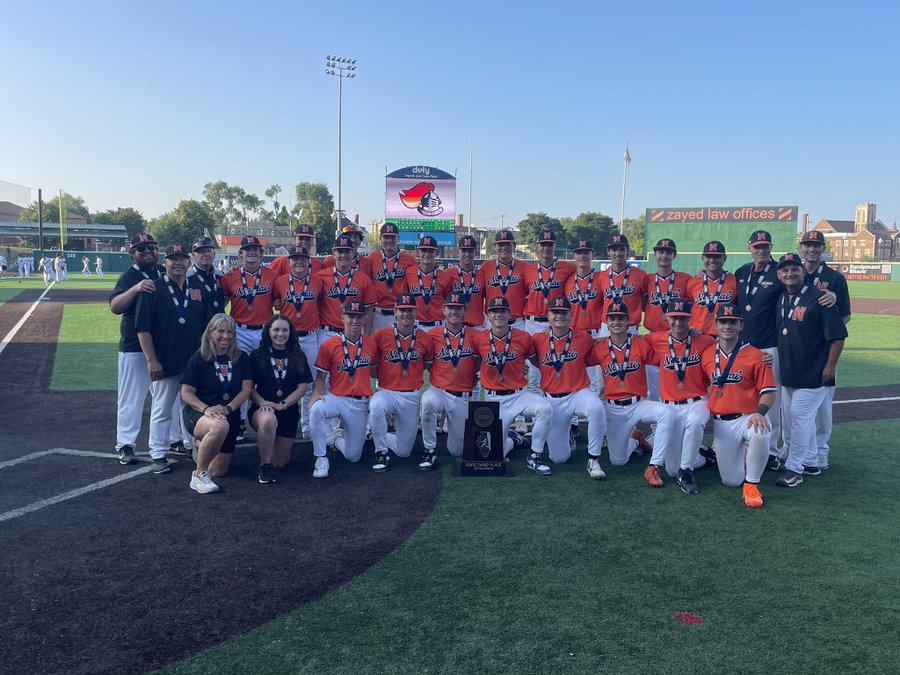








![Halloween candy cross section quiz [quiz]](https://nchsinkspot.com/wp-content/uploads/2022/10/Candy-cover-big-900x675.png)
![Average Jonah? [quiz]](https://nchsinkspot.com/wp-content/uploads/2022/05/average-jonah-900x600.png)







![[Photo Illustration]](https://nchsinkspot.com/wp-content/uploads/2025/09/trigger-words.png)










![Week 5: Coach Drengwitz previews the Ironmen’s matchup vs. Peoria Manual, recaps Week 4 [video]](https://nchsinkspot.com/wp-content/uploads/2025/09/Week-5-v-Rams-1200x675.png)





![Postgame reaction: Coach Drengwitz on Community’s 28-17 Loss to Kankakee [video]](https://nchsinkspot.com/wp-content/uploads/2025/09/Week-4-postgame--1200x675.png)
![Week 4: Coach Drengwitz previews the Ironmen’s matchup vs. Kankakee [video]](https://nchsinkspot.com/wp-content/uploads/2025/09/Ironmen-v-Kankakee-video-1200x1200.png)
![On the Spot: This or That – Halloween [video]](https://nchsinkspot.com/wp-content/uploads/2024/10/tot-Halloween-YT-1200x675.png)
![On the Spot: This or That – Fall favorites [video]](https://nchsinkspot.com/wp-content/uploads/2024/10/ots-fall-web-1200x800.png)
![On the Spot – Teachers tested on 2023’s hottest words [video]](https://nchsinkspot.com/wp-content/uploads/2024/01/On-the-Spot-Teachers-tested-1200x675.png)







